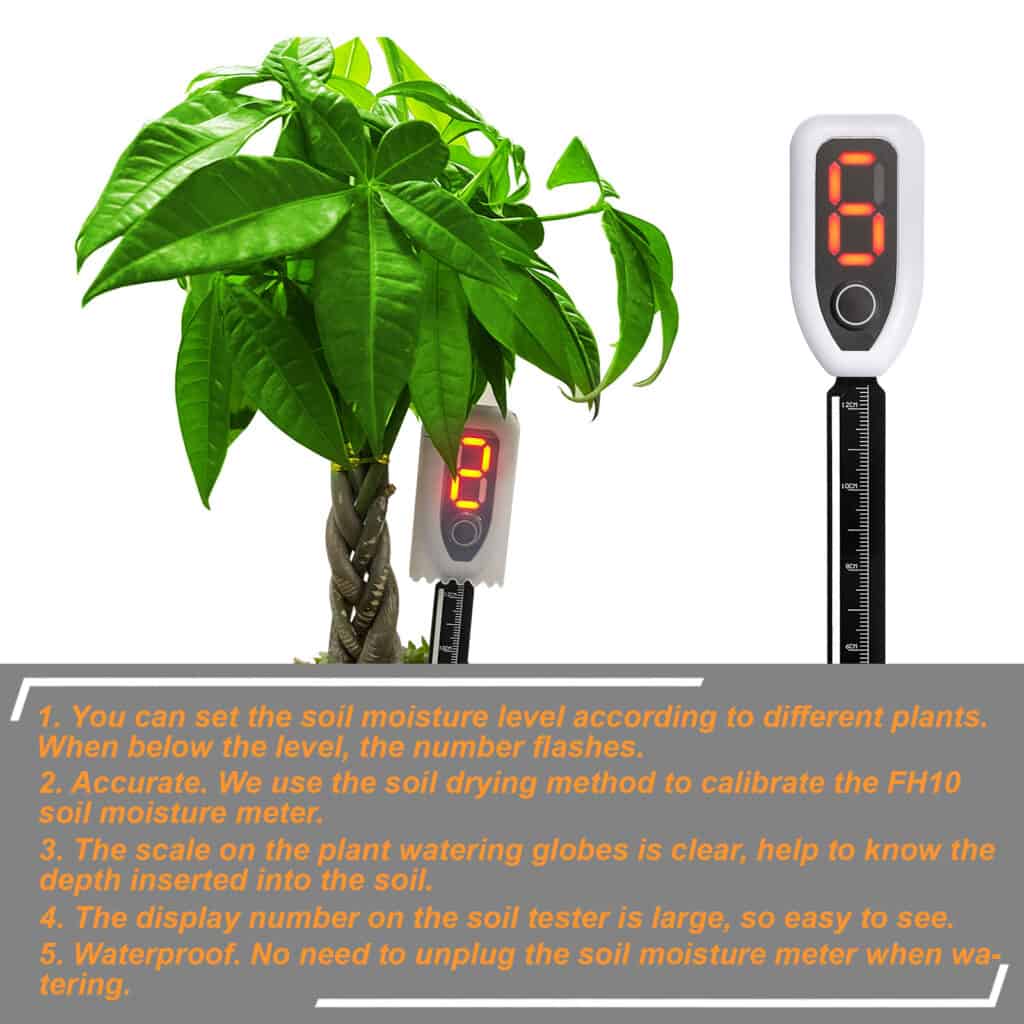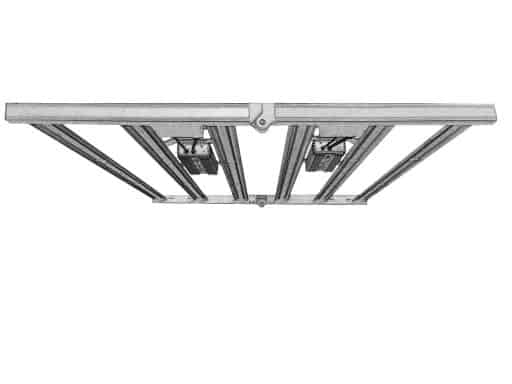Moisture is one of the most important factors related to plant growth. It can be measured with a soil moisture meter. Before finding the best meter, we need to understand the concept of soil moisture.
The water content of soil has different definitions.
Water content by weight
The ratio of the weight of water in the soil to the weight of the corresponding solid phase substance.
Volumetric water content
The ratio of the volume occupied by water in the soil to the total volume of the soil.
Relative water content
The percentage value of the current state of water content relative to the state of the soil’s maximum water absorption capacity. This definition is suitable for sandy soil.
There are formulas to calculate the weight water content and volume water content.
Advantages of the Best Soil Moisture Meter
- In order to give growers a comprehensive reference, a good soil moisture meter needs to be able to measure the above three kinds of water content.
- Accurate. Calibrated by soil drying method when producing.
- There is a water shortage reminder function, so that the grower can find it in time.
- Moisture level quick read.
- There is a special coating to protect the sensor from the corrosion of fertilizers in the soil, which affects the accuracy and lifetime.
- The scale of the soil moisture meter is clear, which is convenient to understand the soil moisture at different depths.
- The length and hardness of the probe.
- Anti-rust.
- It can be connected to the Bluetooth of a mobile phone, and can summarize the curve of soil moisture changes over a period of time.
- No matter which method is used to supply electricity, when the electricity is low, the circuit must have a boost function so as not to affect the actual value.
- Waterproof. Soil moisture meters use many components, which can easily fail when exposed to water or humidity.
- Long-term use. Electronic components such as MCU need to use less power consumption.
- Clear reading.


